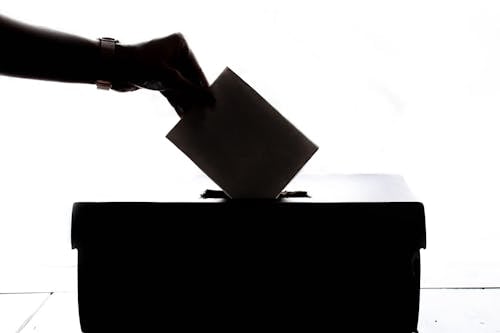The internet hates preteen girls,
and everything associated with them. It hates the boy bands, it hates the makeover
stuff, it hates the fashion, the books, the movies, anything that preteen girls
like. And even when girls try to protect themselves by saying “no, I’m not like
that, I’ve never read Twilight, see?” the internet will mock them for
trying to form an (albeit problematic) defense against the waves of toxicity
that bombard them. In 2012, Gravity Falls, an animated series owned by
Disney and created by Alex Hirsch, first aired. The series focuses on the
Pines twins, Dipper, who is eager to grow up, anxiety-prone, sometimes fully
paranoid, and nerdy, and Mabel, who is deeply afraid of change, outwardly
goofy, looks for goodness in everyone she meets, and is going through a
boy-crazy phase as hormonal 12-year old girls often do. Both of the two make a
lot of mistakes over the course of the series, but the Gravity Falls
fanbase seems to be a lot harder on Mabel for her shortcomings. The creator
even acknowledged this in the comic sequel, Lost Legends, in which the
almost-apocalypse from the series created a fault line to open up, which was
named “Mabel’s Fault,” which references that much of the fanbase blames Mabel
for that almost-apocalypse happening, even though the fault technically lies
more with the Author of the Journals for starting this whole thing. Mabel, to a
certain extent, is the epitome of all things preteen girls are associated with.
She loves boy bands, she wants a vampire boyfriend, she loves fashion (even if
her ideas of what that is are a tad unusual), she wants to have fun and party
and do karaoke and have loud, obnoxious sleepovers with her friends so they can
talk about cute boys and read books about werewolves. I think that there’s a
connection here between the way that the internet hates all things that preteen
girls are supposed to like, and the way that the internet also hates Mabel
Pines. And, given the all-to-often unfair world we live in, it’s important to call
out societal narrow-mindedness where we see it.
A lot of people might say “Wait, do
people really hate preteen girls in particular that much? Why would people care
enough about hating them to lash out at a fictional character from a
(technically) children’s show?” Gender, and our perception and obsession with
it as a society (and yes, it is most definitely an obsession) is ingrained so
deeply into everything we do that it has the ability to become completely invisible.
Just look at baby books and gender reveal parties. If we, as a society, feel
the need to hold parties celebrating that your baby’s gender is pink or blue,
and then make an entire book about them (which it’s typically the mother’s job
to make, because that’s listed under “female duties,” I guess) which is
decorated with dinosaurs and firetrucks for boys and princesses and ballerinas
for girls, and we don’t even think about it anymore, then what does that mean
for our perception of gender? All things binary are imprinted on us from an
early age. The game “Libretta” features a puzzle in which parallels are
drawn between the gender binary and cats/dogs, with cats as girls and dogs as
boys. The player is given several blurred out blobs which they’re asked to sort
into the “Doghouse” and “Cathouse.” Most of these blobs, however, are more
purple than blue or pink. This was meant to be an illustration of what I’m
trying to say—the world gives us guidelines about gender that are often barely
even applicable. But because the world wants to sort us into the Cathouse and
the Doghouse, everyone is stuck with certain connotations and associations from
birth, and it’s hard to escape. Even if you try to, you may end up being
inevitably shoved into a different box within your respective house. And, as a
result of sexism, preteen boy things are often looked on with nostalgia while anything
that can be shoved into the Cathouse will often be looked on with contempt.




















